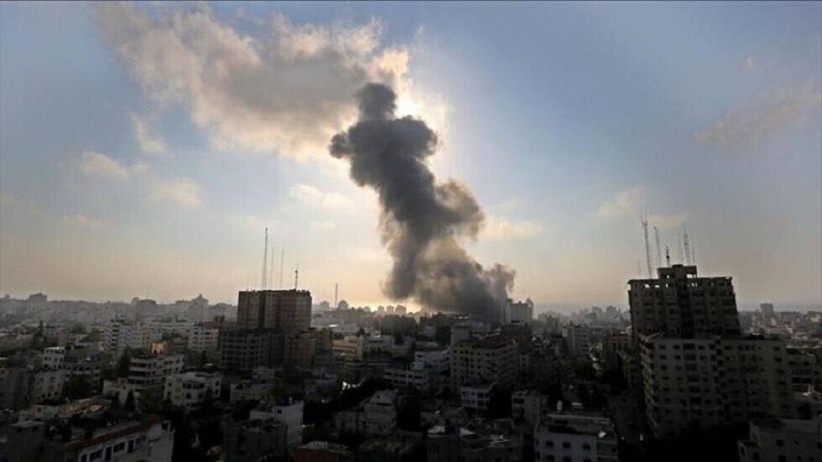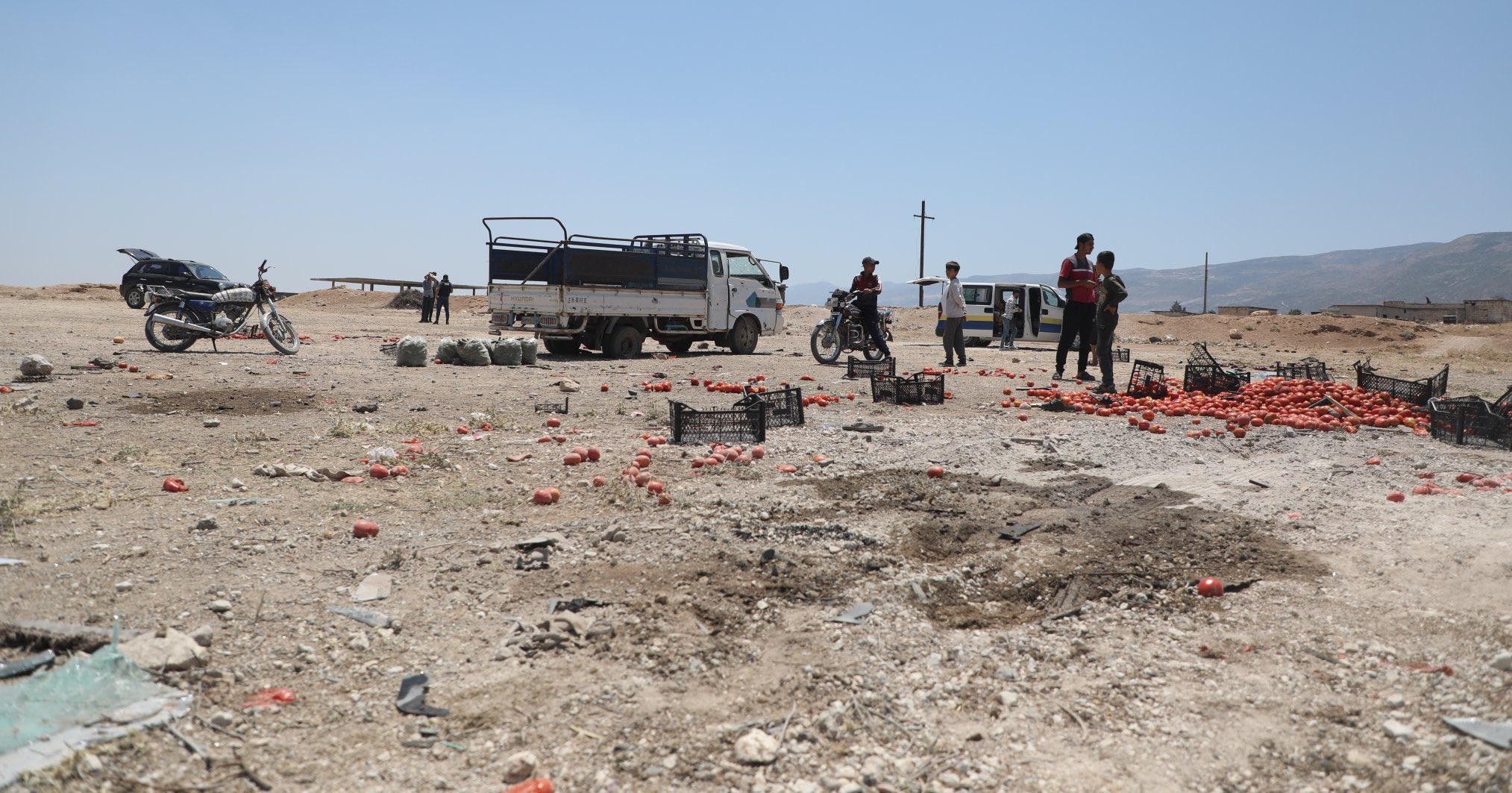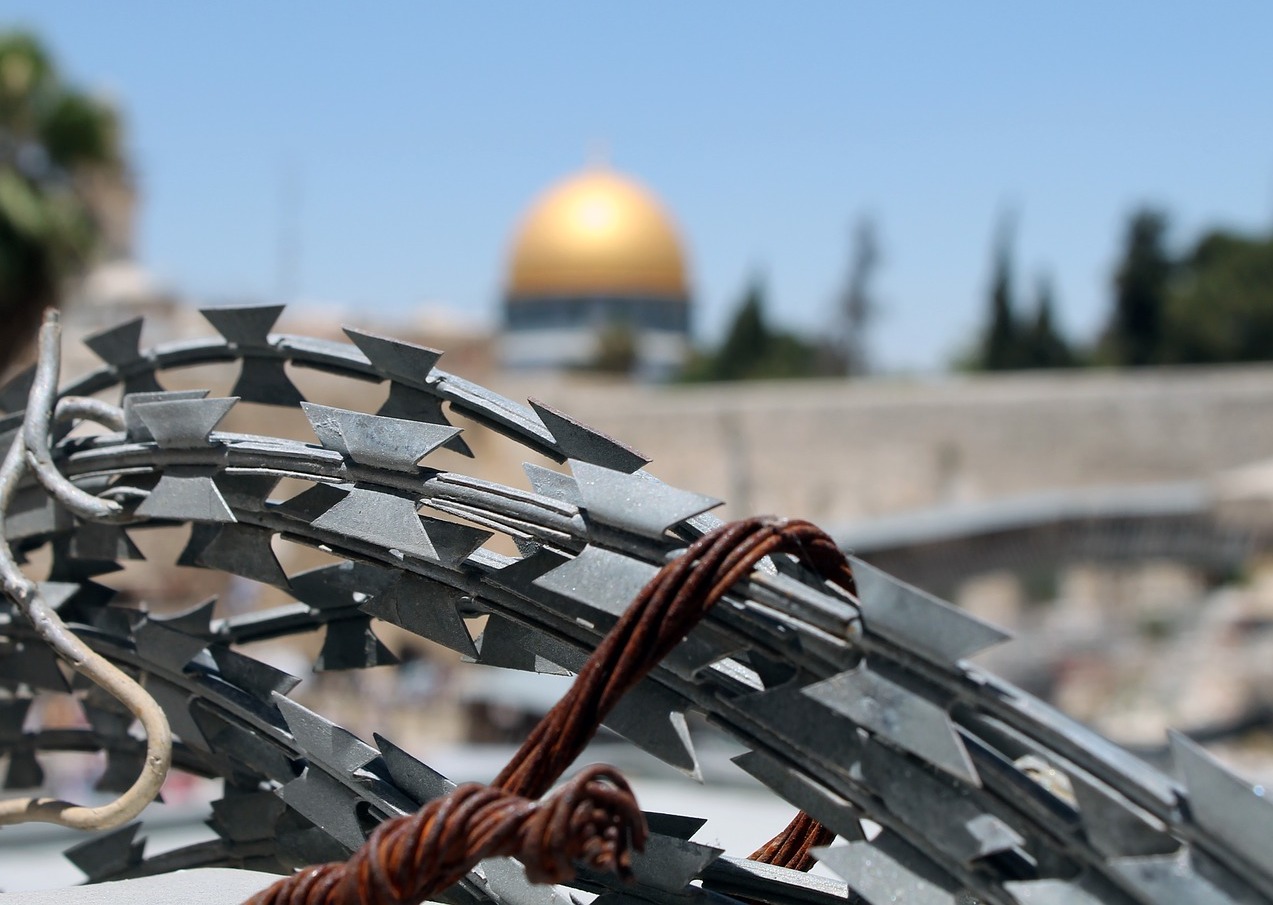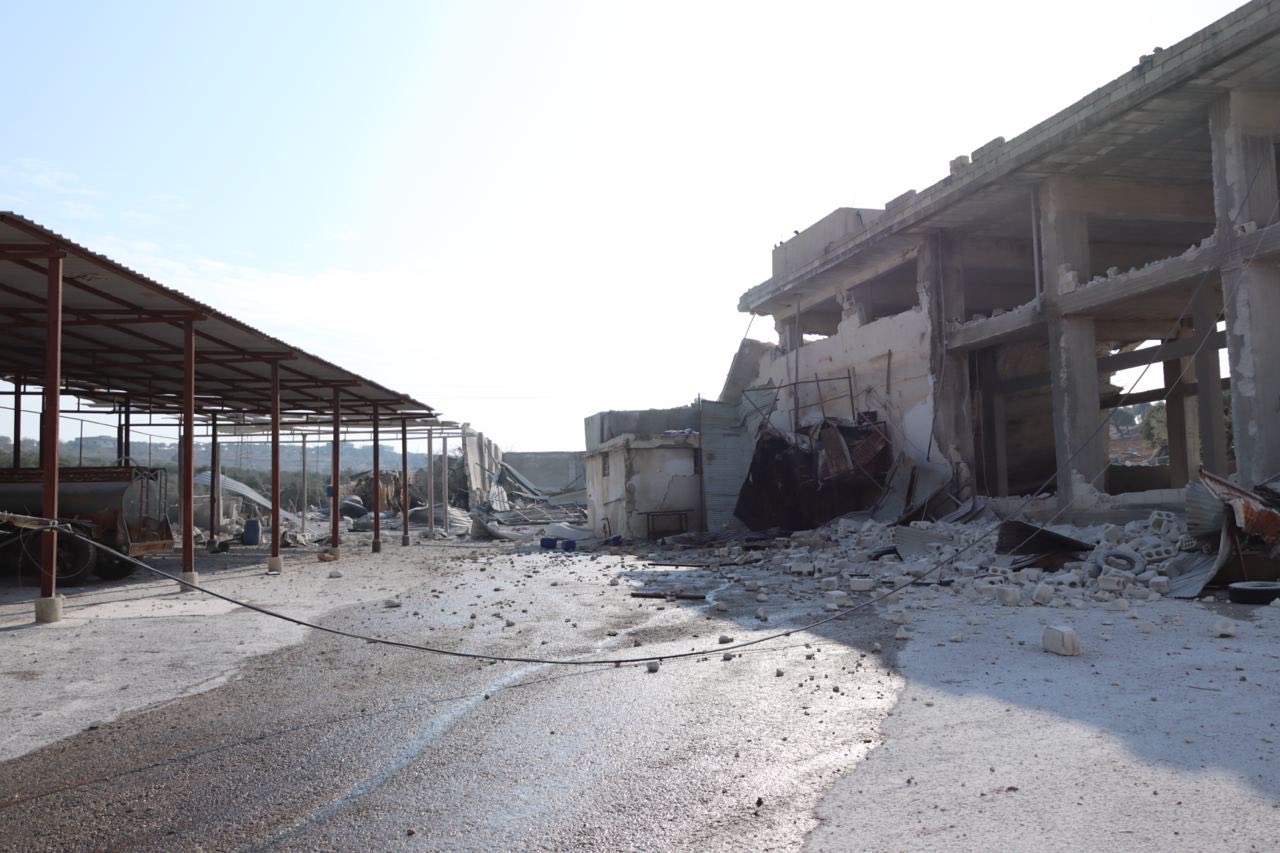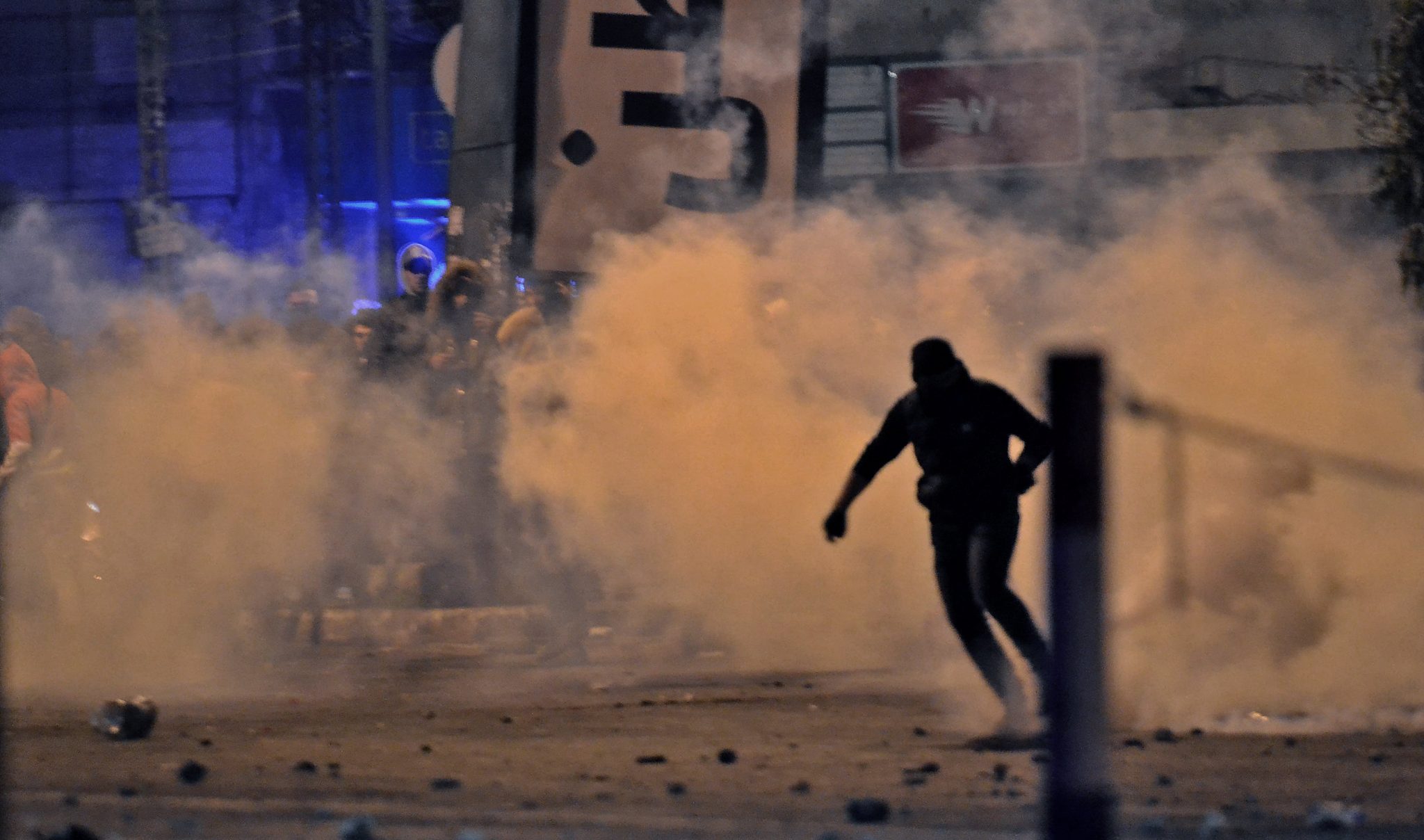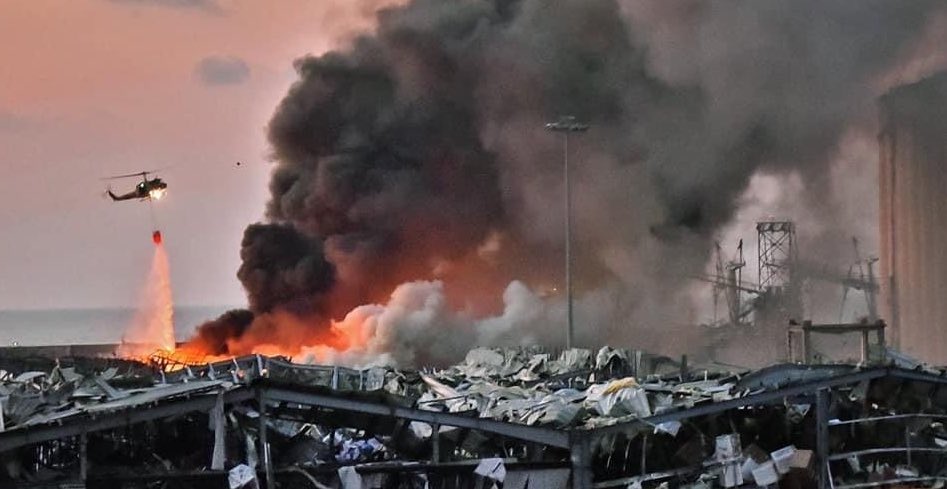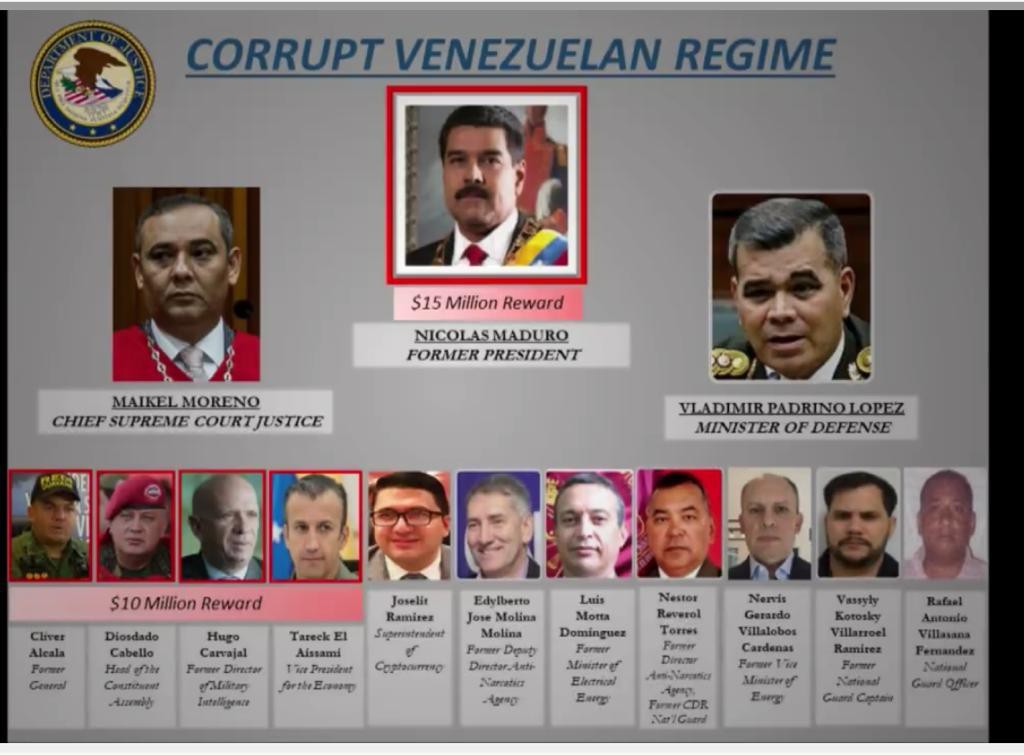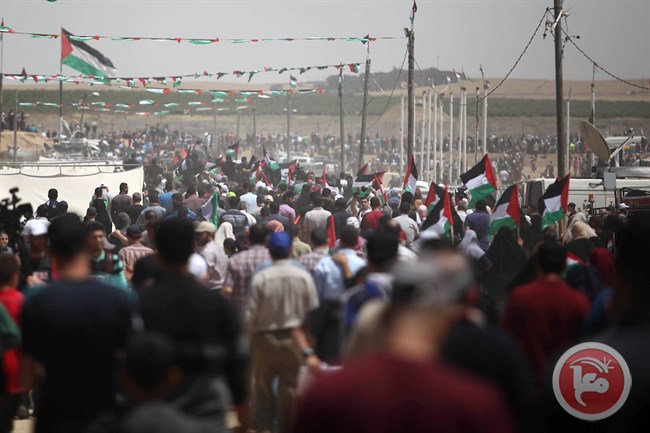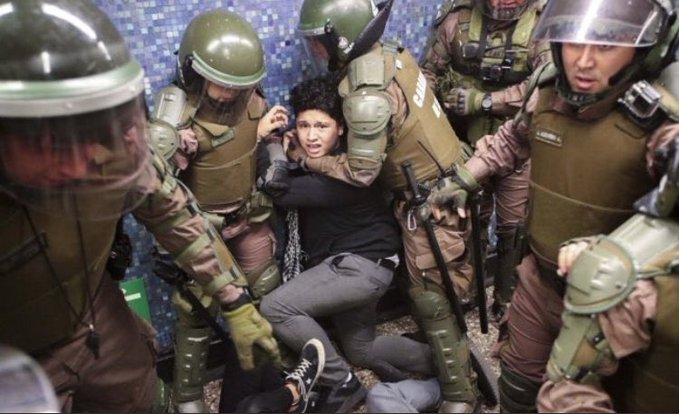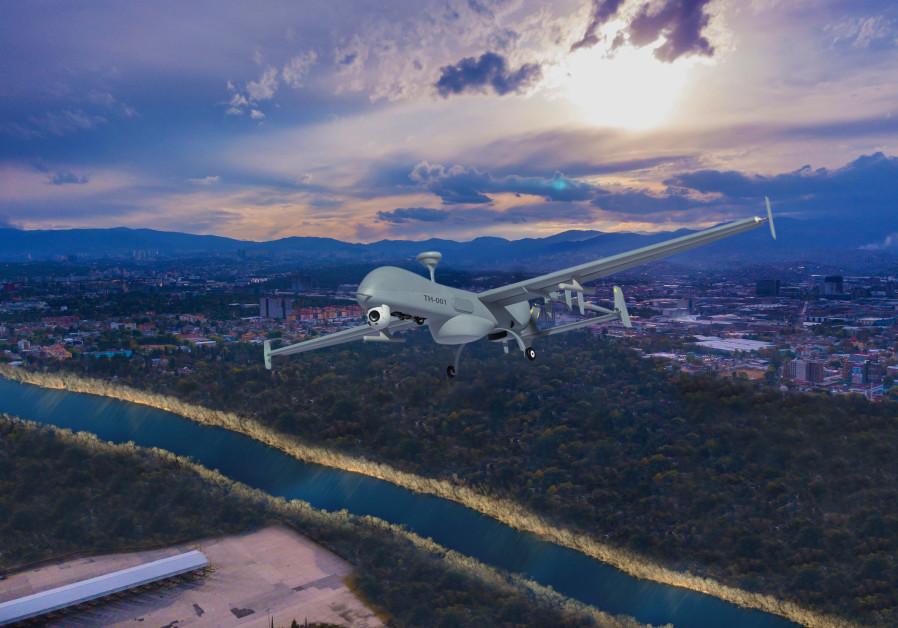
Gaza: flashpoint for regional war?
As Israel intensifies air-strikes in the Gaza Strip, a northern front appears to be opening in the war. Civilians are fleeing both north Israel and south Lebanon as Israeli and Hezbollah forces exchange fire across the border. Following Israeli air-strikes on targets in Syria, drone attacks by presumed Iranian-backed forces hit US military bases and outposts in both Syria and Iraq. The US responded with air-strikes on Iranian Revolutionary Guards positions in eastern Syria. The Iranian military has announced that it will launch large-scale maneuvers, involving infantry, air and naval forces. (Image: Pixabay)



